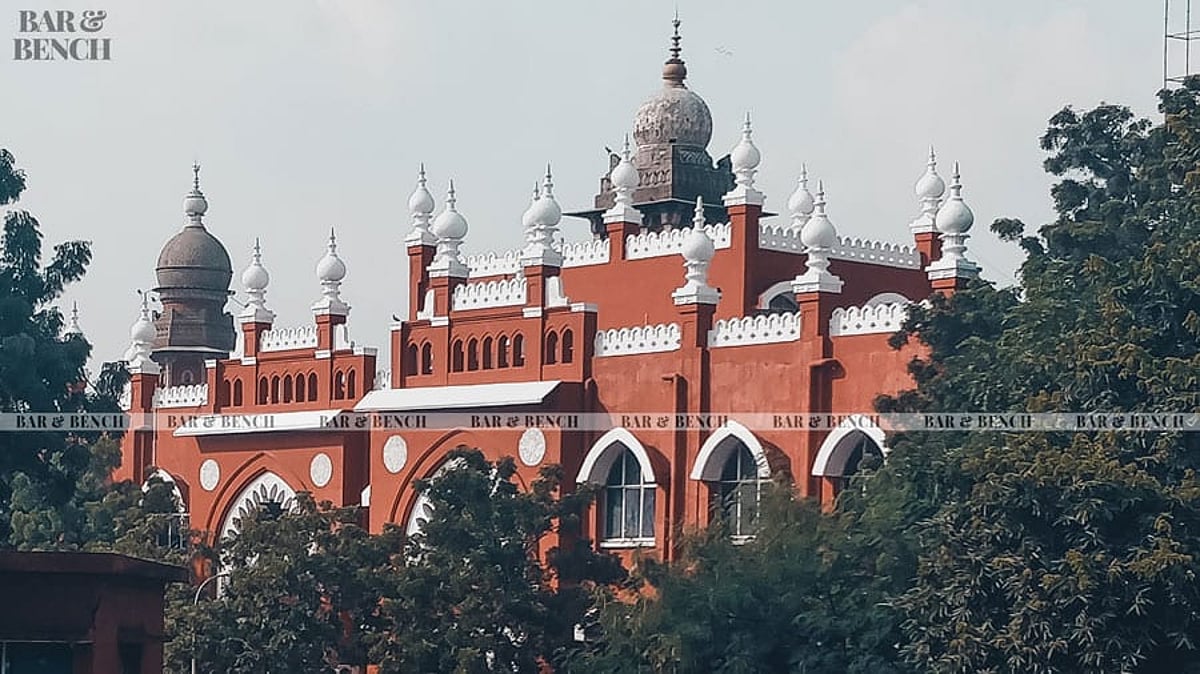 |
|
The Madras High Court's recent ruling in the Anna University sexual assault case marks a significant development in addressing institutional failures and victim rights in India. The court's order to establish a Special Investigation Team (SIT) consisting of three Indian Police Service (IPS) officers underscores the gravity of the situation and the need for a thorough, impartial investigation. The decision to award the victim an interim compensation of ₹25 lakh highlights the court's recognition of the severe trauma caused by the assault and the subsequent mishandling of the case by the police. This compensation is not merely financial; it signifies a powerful statement acknowledging the victim's suffering and the state's responsibility to provide redress for its failings.
The court's sharp criticism of the initial FIR, specifically its victim-blaming language, is a crucial aspect of this case. The judge's direct questioning of the Advocate General regarding the FIR's content and the subsequent condemnation of its 'deplorable language' serve as a stark reminder of the pervasive issue of victim-blaming in sexual assault investigations. This highlights a critical systemic flaw within law enforcement; a failure to understand and appropriately address the needs and rights of victims of sexual violence. The court’s action sends a powerful message that victim-blaming will not be tolerated, pushing for a shift in investigative practices towards sensitivity, empathy and accountability. This action is crucial to build confidence in the legal system and encourage more survivors to come forward.
The order mandating police protection for the victim and her family underscores the importance of ensuring their safety and security. Threats and intimidation following sexual assault are a significant concern and the court's acknowledgment of this necessity underscores the responsibility of law enforcement to prioritize victim safety. The court's proactive approach to protecting the victim extends beyond financial compensation and demonstrates a commitment to a holistic approach towards justice, recognizing that safety and security are fundamental rights in the aftermath of such trauma. The case provides a potent example of how judicial intervention can address systemic issues within law enforcement, prompting improvements in investigative procedures and a more victim-centric approach to sexual assault cases.
This case transcends the specific instance of the Anna University assault; it serves as a precedent-setting ruling that underscores the importance of effective investigation, robust victim protection and the eradication of victim-blaming in sexual assault cases throughout India. The court’s decision to order an SIT probe is not only a response to the failings in this particular case but a significant step towards improving the overall handling of sexual assault cases in the country. The high profile nature of this case and the court's strong condemnation of police misconduct will hopefully put pressure on law enforcement agencies to review their procedures and prioritize training on handling sexual assault cases with greater sensitivity and competency. The long-term impact of this judgment is likely to extend beyond the victim in this case, encouraging other victims to seek justice and contributing to broader systemic reforms within the Indian legal system.
The financial compensation awarded is a critical component of the court's ruling. It's not just a monetary settlement; it symbolizes the state's acknowledgment of its failure to protect and support the victim. This aspect of the ruling is significant because it reflects a move away from merely focusing on the legal aspects of sexual assault and toward addressing the immediate and long-term needs of the survivors. The compensation can help the victim to cope with the emotional, psychological and physical effects of the assault, enabling them to begin rebuilding their lives after this traumatic experience. This also serves as a deterrent to similar lapses and neglect by law enforcement agencies in future cases.
Furthermore, the case highlights the urgent need for comprehensive training for law enforcement officials in handling sexual assault cases. The FIR, with its victim-blaming language, reveals a critical lack of understanding and sensitivity regarding the complex dynamics of sexual assault. Providing training that emphasizes victim-centered approaches, effective investigation techniques, and the importance of avoiding victim-blaming is essential to prevent similar failures in the future. The court's ruling should serve as a catalyst for such training programs, ensuring that law enforcement agencies are equipped with the skills and knowledge to investigate and respond to sexual assault cases effectively and with empathy.
In conclusion, the Madras High Court's decision in the Anna University sexual assault case represents a landmark judgment that carries far-reaching implications for addressing sexual violence in India. The court's decisive actions – ordering an SIT probe, awarding significant compensation, and criticizing victim-blaming – send a clear message that such crimes will not be tolerated and that victims will be supported. The case underscores the critical need for systemic reforms in law enforcement practices, training, and attitudes toward sexual assault cases. The court’s holistic approach, which addresses not only legal accountability but also the victim's immediate and long-term needs, sets a positive precedent for future cases and represents a significant step towards achieving justice for survivors of sexual violence in India.
